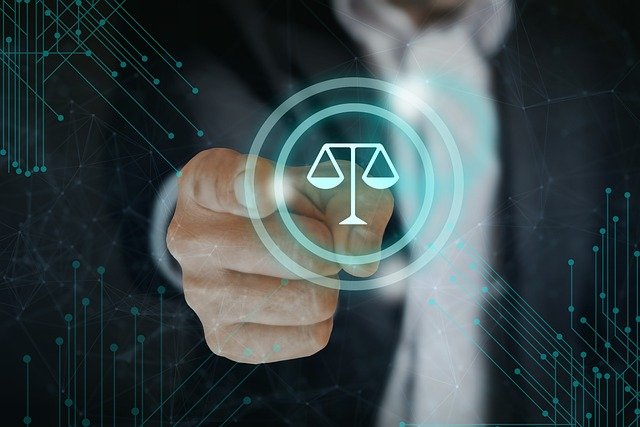How a Business License Supports Your Company's Growth
Getting the right business license is more than a bureaucratic step — it’s a foundational element that protects your company, clarifies what you can legally offer, and supports long-term growth. Whether you’re launching a sole proprietorship, forming an LLC, or expanding into new service lines, understanding licensing requirements helps you avoid fines, build trust with customers, and position your brand for credibility across local services and online marketing channels.

Why a business license matters for your business
A business license is a legal permission that signals your operation meets local rules for safety, taxation, and zoning. For customers and partners, a valid license reduces perceived risk and shows you take compliance seriously. From an operational viewpoint, licensing can affect tax registration, the ability to hire employees, and access to business banking or grants. For many industries — food service, construction, professional services — licensing is not optional; it’s a precondition to operate lawfully and protect both the business and consumers.
How licensing affects your marketing strategy
Licensing influences your marketing because it determines claims you can make and markets you can enter. Displaying your license number on your website, proposals, and marketing materials reassures prospects and supports higher conversion rates. Licensing can also be a differentiator in competitive markets: being fully licensed allows you to bid on contracts, join industry directories, and be listed in local services sections with verification badges. Integrating licensing credentials into your content and SEO efforts improves trust signals for both search engines and human visitors.
Can a license improve branding and credibility?
A clear licensing strategy bolsters branding by tying legal legitimacy to your brand story. Consumers often equate licensed businesses with professionalism — which helps with word-of-mouth and repeat business. For small companies, including licensing information in your branding materials (about pages, service descriptions, and client agreements) creates a consistent message of reliability. This is especially important in service industries where reputation drives referrals; a license can be presented as part of your value proposition without overpromising on outcomes.
What service steps are needed to get licensed?
Typical steps include determining required licenses at municipal, county, and state levels; completing applications; paying fees; and meeting inspections or continuing education requirements if applicable. The process often starts with checking local services or the state business portal for industry-specific rules. Many entrepreneurs use formation services or legal platforms for paperwork, but some steps — like zoning approvals or health inspections — must be handled directly with local authorities. Keep organized records of all documents and renewal dates to avoid lapses that could disrupt operations.
Which local services handle ongoing compliance for businesses?
Ongoing compliance is usually handled through a combination of local licensing offices, state regulatory agencies, and third-party services. Local services manage renewals, renew inspection schedules, and issue permits tied to physical locations. State agencies enforce professional licensing and tax registrations. Third-party providers or business advisors can monitor filing deadlines, produce reminder notices, and prepare renewals on your behalf. Building a routine for compliance — such as quarterly checks of license status and updates to marketing materials — prevents surprises and protects your brand reputation.
| Provider Name | Services Offered | Key Features/Benefits |
|---|---|---|
| LegalZoom | Business formation, licensing guidance | Nationwide coverage; document preparation; guided workflows |
| IncFile | Formation filings, registered agent, licensing help | Automated filings; cost-effective startup packages |
| Rocket Lawyer | Legal documents, licensing templates, attorney consultations | Subscription access to documents and on-demand legal advice |
| Nolo | DIY guides, forms for licenses and permits | Comprehensive legal content and step-by-step instructions |
| Local City/County Business Licensing Office | Issuance and renewal of local licenses and permits | Official authority for local approvals and inspections |
These providers and offices represent common avenues to obtain and maintain licenses. Rules and availability vary by jurisdiction and industry, so confirm with your local licensing office or state portal for definitive requirements and processes.
A business license is a practical tool that supports legal compliance, enhances marketing credibility, and strengthens branding. Treat licensing as an ongoing part of operations — not a one-time task — and align it with your marketing and customer-facing materials so your business presents as competent, trustworthy, and ready to grow.






